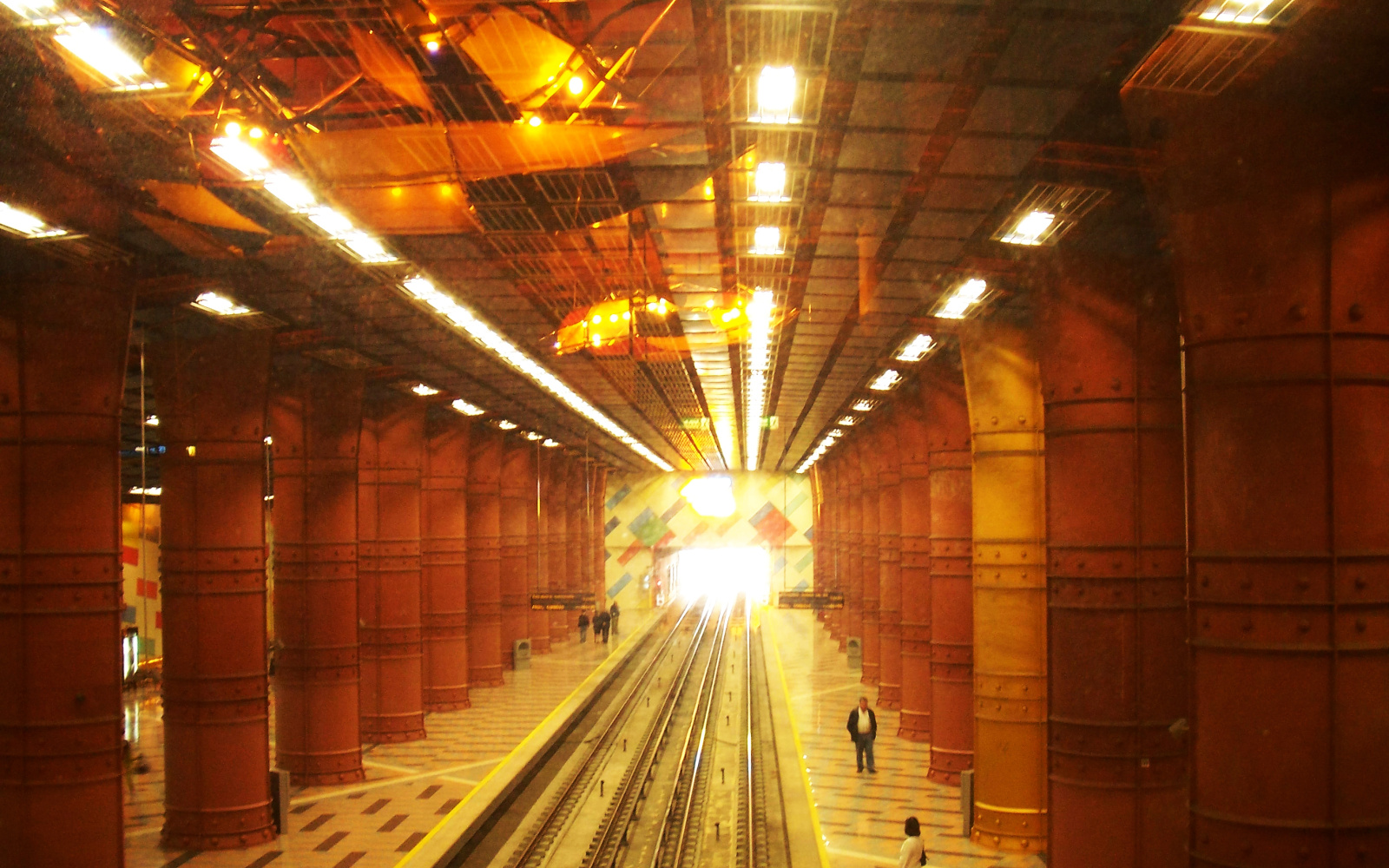Matthew McGinity
Alien Modes of Being-in-the-World and the Phenomenology of Virtual Reality
In his 1909 short story “The Machine Stops”, E. M. Forster describes a future telephone able to convey a perfect audio-visual replica of distant person, yet incapable of communicating some “imponderable bloom” that accompanies social interaction in the real world. In doing so, he suggests two things: that there are phenomenological aspects of reality resistant to mediation and that the nature of these aspects is somehow unknowable.
The ultimate goal of virtual reality, however, is to vanquish all such imponderables. As such, the pursuit of virtual reality asks that we address Forster’s concerns. Which aspects of our being in the real world are impossible to convey in VR, today and in the foreseeable future? What alien forms of being-in-the-world are invoked by the highly incongruent, fractured sensorimotor relationships offered by contemporary VR, and why indeed does the alien nature of these ways of being in the world appear so “imponderable,” so inaccessible to introspective analysis? Or more intriguingly, how is it that such alien sensorimotor relationships with the world offered by media give rise to conscious experience that seems so ordinary? In this sense, VR and mimetic media in general can be taken as a form of experimental phenomenology – a charting of the various alien sensorimotor relationships one can have with the world and the conscious experiences they give rise to.
In my presentation I will approach such questions through the framework of immersive media, and discuss how VR can shed some light on the most pervasive and perhaps most intriguing of alien sensorimotor relationships: images and cinema.
Matthew McGinity is a computer scientist working in the field of immersive media. Prior to joining the University of Würzburg, he worked at the ZKM, the European Space Agency and the iCinema Centre of Interactive Cinema Research at UNSW, Sydney. Since 2008 he has been a member of the Marseille-based artist collective LFKs, collaborating on a number of large-scale immersive artworks across the fields of theatre, cinema and virtual reality, music and live performance. His current research interests concern the perception of images, the perceptual foundations of immersive media and the aesthetics of immersion. In particular, he is interested in virtual reality as a means for experimental phenomenology, with which one might examine not just the nature of our everyday being in the world, but also ‘alien’ modes of being in the world.
